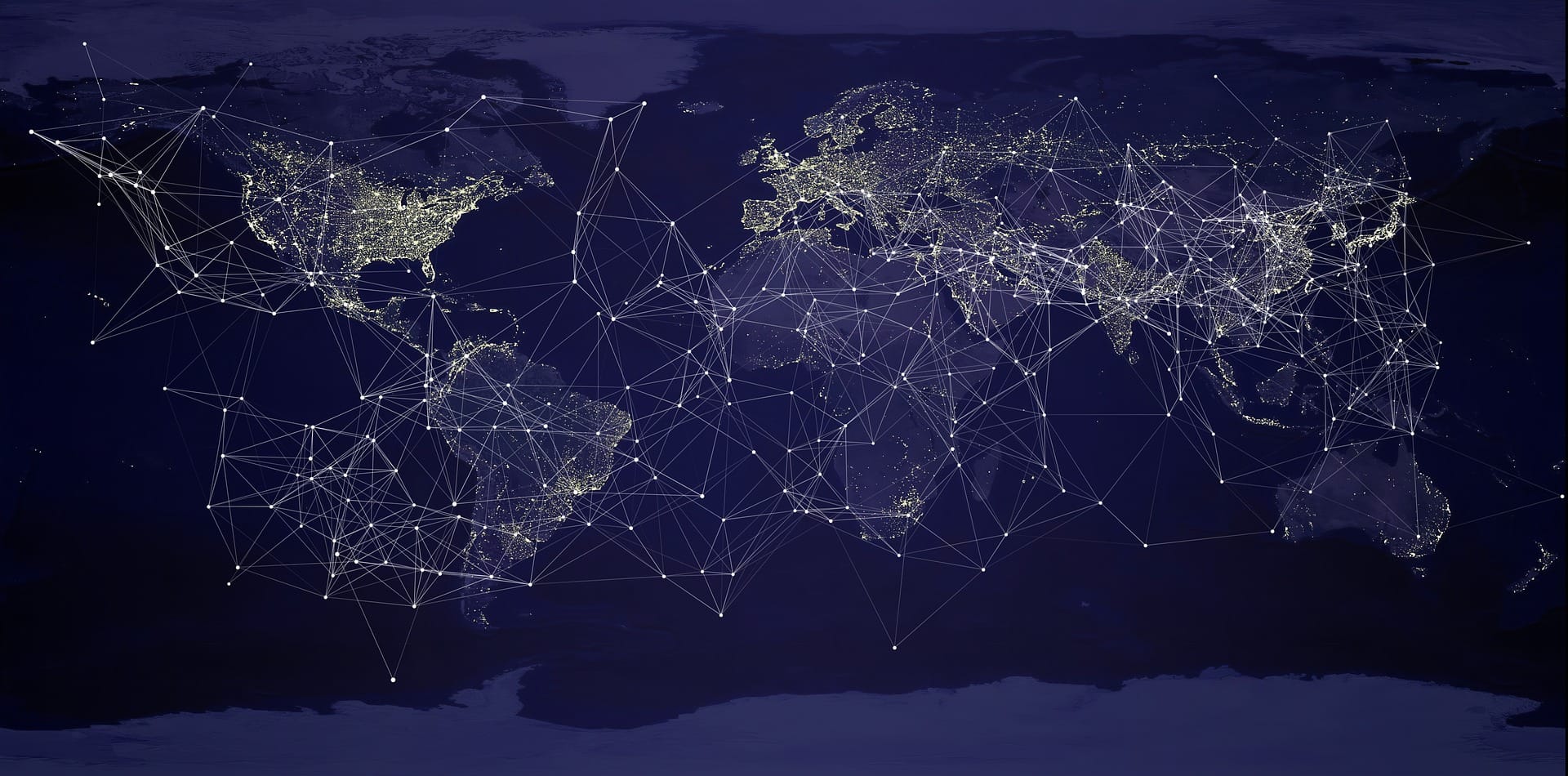
SEO translation is not just text translation
If you want to be successful internationally, a simple translation of your content is often not enough. The key to success lies in a targeted SEO translation that takes into account the country-specific search habits and preferences of your target groups. Why SEO translations are essential and how to proceed step by step to strengthen your online presence globally.
Successful internationalization
Why SEO translations are key
If you want to successfully market your products or services internationally, there is no way around a country-specific and target group-oriented approach. In this article, you can find out what the advantages of SEO translations are and how to proceed step by step.
Let’s start with the initial situation: The domestic market and its laws are familiar territory for you. Either you have trained your own SEO muscles, or perhaps you have been working with an SEO agency for years. SEO-optimized texts for German-speaking countries, such as website content, landing pages, product descriptions for online stores or blog articles, are well written and contribute to your success. For customers outside the DACH region, however, only a mediocre English translation is available. All too often, this also comes from a free translation program. Multilingual SEO translations? So far, no…
This is exactly where the potential lies. SEO translations and an international SEO strategy offer long-term prospects of success, where the effort usually pays off quickly. So let’s get started and go…
STEP-BY-STEP
…one step back:
- How good is your SEO strategy really?
How does your homepage rank? The underlying question is: How optimal is the implementation in the source language? Has it perhaps been around for a few years and could do with an update?
SEO translations logically take the source material as a starting point. It is therefore worth taking another look at the SEO strategy for the home market before building on it. Make a tabula rasa: Are you still just as satisfied with the headline and text structure as you were on day one? Are the texts still up-to-date and relevant for the target group? Or has the ravages of time already taken their toll on your content? Then now is the right time for optimization. - SEO translations and search engines: In other countries, people don’t (only) google
Now to localization. Which search engine dominates in your target country? Clearly, the market leader in German-speaking and European countries is Google. In other regions of the world, however, Bing, Yandex or Baidu are ahead. Yandex, for example, has the advantage over Google of better handling of Russian cases and verbs – with corresponding effects on the search algorithm. Country-specific technical issues of this kind must be taken into account by SEO specialists when designing their SEO translations in order to rank just as well in an organic search in the target country as in the source language.
Because one thing is pretty much the same all over the world: anyone searching for a particular product or service on the Internet expects to find suitable results. Most people buy from a provider that they find on the first page. Good SEO translations ensure that you belong to this illustrious circle. - On to Keyword research!
By now you have good source material and know which search engine is used in the target country. At the same time, you have identified which competitors you are up against there. So it’s time to take a closer look at the competitive situation in the target market with country-specific and target group-oriented keyword research (and keyword analysis!). It is better not to rely on chasing the search terms used to find you at home through a translation tool. The saying “other countries, other customs” applies here. For example, cell phones are only called “cell phones” in Germany. Everywhere else, other terms are used, such as “cell phone” or “portable”. As “handy” as the cell phone is – it is only suitable for your SEO translation in German-speaking countries. - Only now do you proceed to transcreation
You are probably familiar with the unpleasant feeling that creeps up on you when reading a text that is extremely conspicuously optimized for a specific keyword or keyword combination. In fact, the conspicuousness is often caused by the keywords being “stuffed in” afterwards. You may even stumble across this keyword stuffing when reading if the keyword has not been used conspicuously often.
This is because the sentence does not develop naturally but has been changed afterwards so that the keyword somehow fits in – with negative consequences for the reading flow. A good SEO translation always moves slightly away from the original text and integrates the researched keywords in the target language in a natural way. The humor or other peculiarities of the target country can also be taken into account. Proverbs, for example, make little sense when translated literally. Close is also over – or as they say in English: Close but no cigar. - Please do not forget the meta data!
Now you’re almost there. Of course, your SEO translation cannot do without the metadata in the target language. The title (meta title), page description (meta description) and the page URL round off the good image that you create with your SEO translation. The image alt texts would also like to be translated.
NEXT STEPS
The question remains: Do it yourself or hire an agency?
Our answer: If you work through our short list, you will get pretty close to your goal and can probably be content with outsourcing one or two steps of your SEO translation. There is often a motivated employee in-house who is happy to delve into keyword analysis or research the competitive situation on the target market. The biggest challenge is probably the translation itself. Many professional service providers only translate into their native language. So if in doubt, look for a Hungarian text freelancer who understands your product and specializes in SEO translations. However, copywriters with a background in translation are usually better at creative translations than pure translators. Such specialists are often difficult to find and it is probably even more difficult to assess the quality of the work. Alternatively, you can outsource the task completely and secure an all-round carefree package from an agency specializing in SEO translations.
Whatever you decide: Your SEO translation deserves the effort to drive more international traffic to your website!
GET IN TOUCH
Internationally visible with professional SEO translations by MONDIS

During the SEO translation, we adapt existing texts optimally to the local conditions of your target markets and advise you on all factors that will make your multilingual website more visible worldwide.
Contact: Michael Quast, Managing Director
Phone: +49 30 48496622-0
E-mail: kontakt@mondis.de